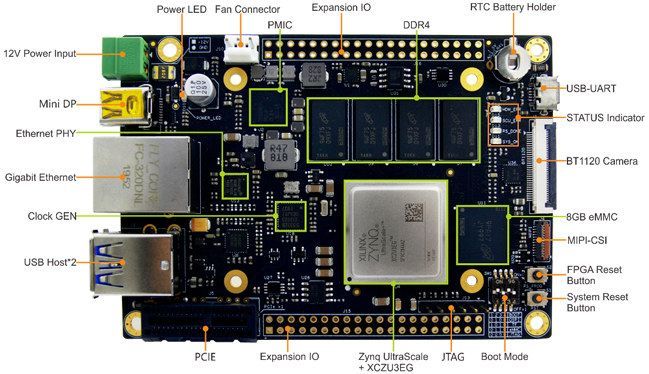Solar energy researchers at Oregon State University are shining their scientific spotlight on materials with a crystal structure discovered nearly two centuries ago.
Not all materials with the structure, known as perovskites, are semiconductors. But perovskites based on a metal and a halogen are, and they hold tremendous potential as photovoltaic cells that could be much less expensive to make than the silicon-based cells that have owned the market since its inception in the 1950s.
Enough potential, researchers say, to perhaps someday carve significantly into fossil fuels’ share of the energy sector.







